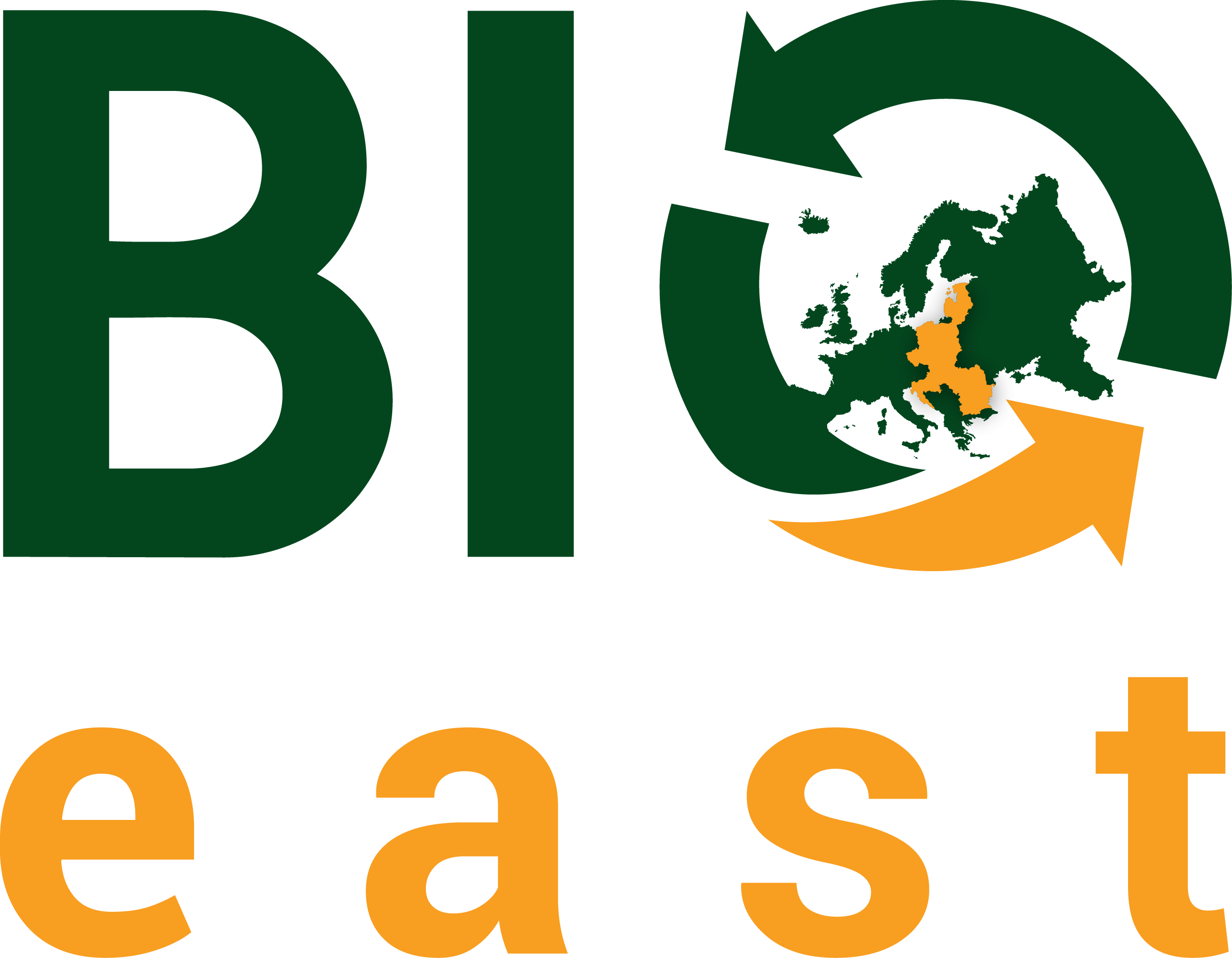The recently updated Agricultural Research Council (Žemės ūkio Mokslo Taryba) is set to provide recommendations to the Ministry of Agriculture and other relevant institutions on a broad range of issues. These include strategic directions in agriculture, food, and rural development, as well as advancing bioeconomy networks, agricultural knowledge systems, and participation in the Horizon Europe program.
Kazys Starkevičius, the acting Minister of Agriculture, emphasized the critical role of science, knowledge, and innovation in boosting the competitiveness of Lithuania’s agricultural sector. He highlighted the importance of science-backed decision-making for sustainable agricultural policy development.
Lithuania is an active participant in the “BIOEAST” initiative, which focuses on advancing bioeconomy strategies in Central Eastern Europe and the Baltics. While Lithuania’s bioeconomy contributes significantly to its GDP, challenges remain, such as an over-reliance on biomass exports and inadequate utilization of biological waste. Prof. Dr. Astrida Miceikienė from VMU’s Agriculture Academy pointed out the need to shift towards creating high-value-added products and addressing imbalances in biomass use.
The Boost4Bioeast project, led by the Ministry of Agriculture and VMU’s Bioeconomy Research Institute, aims to foster a circular bioeconomy rooted in collaboration and innovation. This includes creating high-value jobs in rural areas while maintaining environmental sustainability.
At a recent Council meeting on 25 November 2024, the concept of the newly established Lithuanian Bioeconomy HUB was discussed. The HUB is envisioned as a central collaboration platform for local stakeholders (ministries, academia, industry, and the public) and a point of engagement with international partners, including other BIOEAST HUBs and EU institutions. It aims to strengthen the sustainability, innovation, and competitiveness of Lithuania’s bioeconomy and develop a national bioeconomy action plan.
Key goals for the HUB:
- Serve as a collaborative platform for policy, science, and industry.
- Promote sustainable and innovative bioeconomy practices.
- Coordinate efforts to create Lithuania’s national bioeconomy action plan.
- To enhance interministerial coordination, the Council also approved the creation of an Interministerial Working Group. This group will facilitate dialogue among ministries overseeing bioeconomy sectors and align political programs to accelerate progress.

